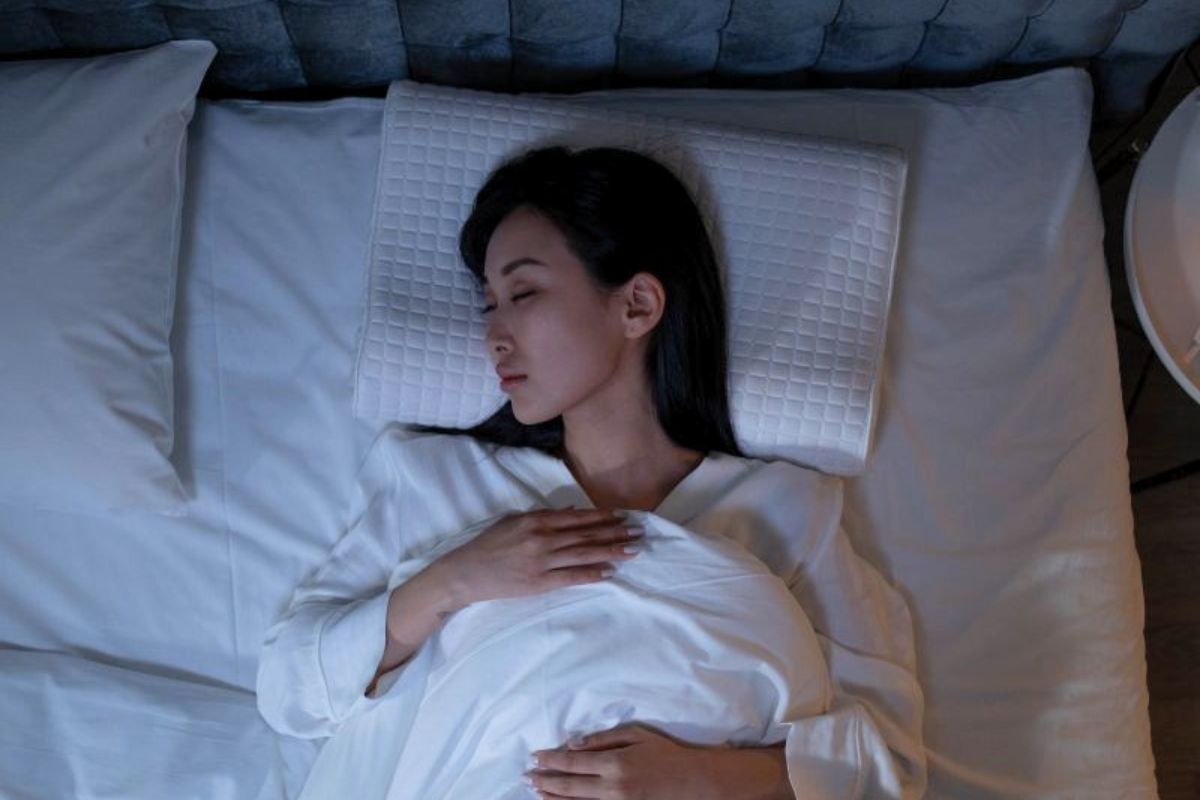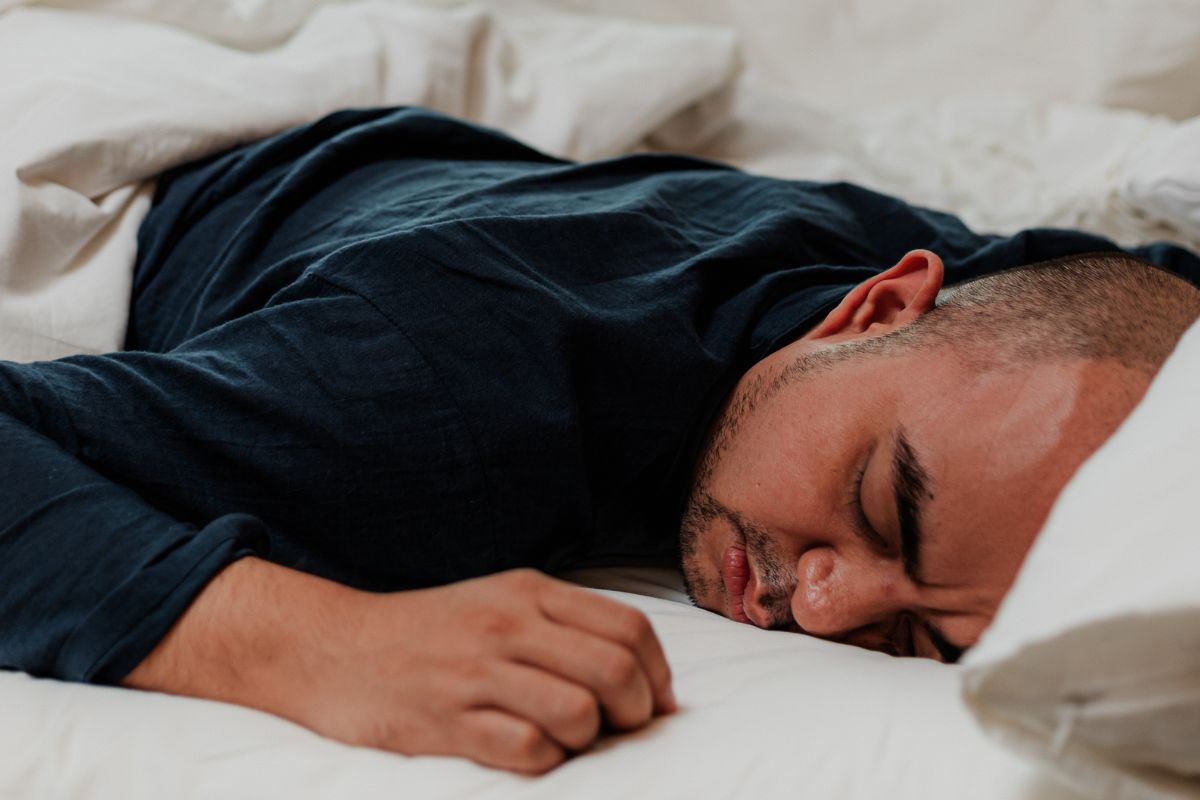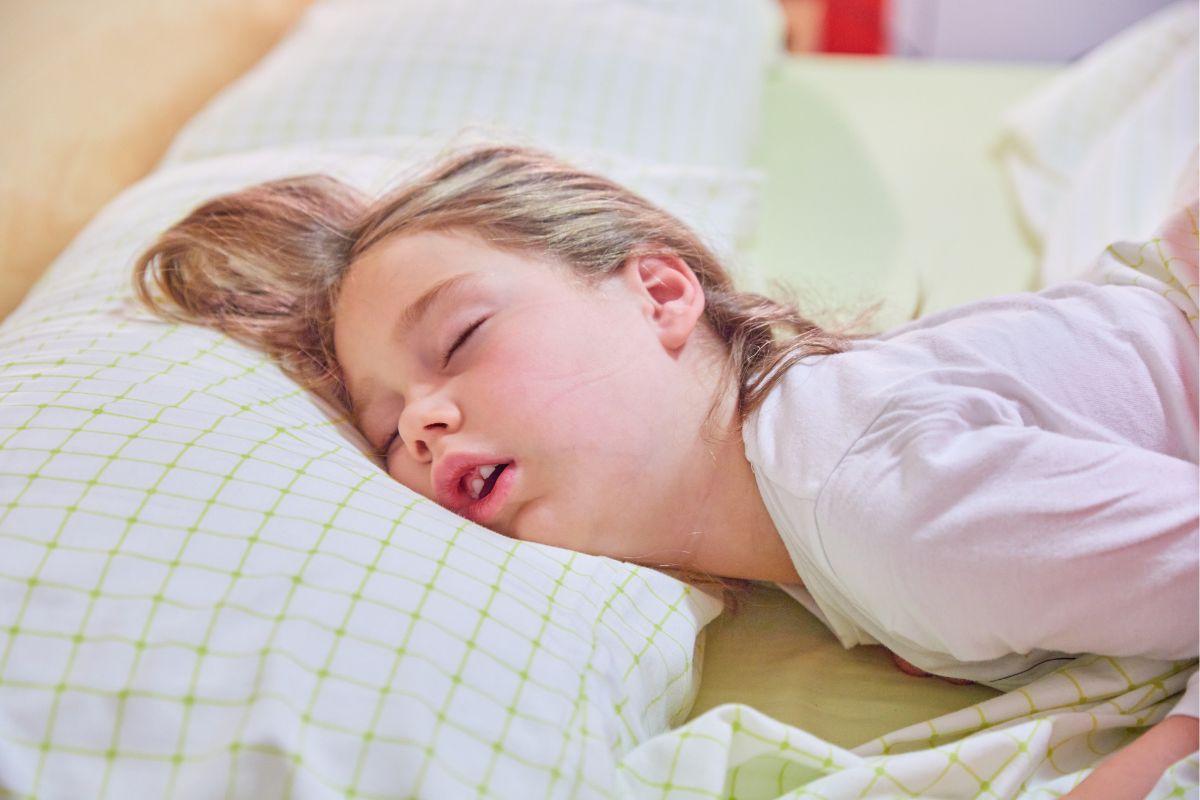Hypnosis for insomnia

Therapist PM Becker reported that hypnosis for insomnia was effective in 50% of patients after two sessions. The report was published in the American Journal of Clinical Hypnotism.
Six cases were covered in the report. However, since there was no comparative study that measured the results without the use of hypnotism, many scientists would question the conclusions.
Hypnotism has been described by Irving Kirsch, a respected researcher and clinician, as a “non-deceptive mega-placebo”. Placebos are compounds or treatments that have no active components. They work, because the patients “believe” in the treatment.
The use of placebos is criticized by most scientists and researchers, but only when there is deception involved, for example, if a doctor prescribed antibiotics for someone with a viral infection or gave a patient a sugar pill. Otherwise, taking advantage of a patient’s belief in a treatment is not criticized. The power of the mind is great.
One of the reasons that therapists make use of hypnotism is to reduce
a patient’s resistance to therapy. Sigmund Freud was a major proponent of hypnotism for many years. Initially, he recommended it as a primary course of treatment. After a while, he became convinced that psychoanalysis was most effective. In the end, he was in favor of a combined approach, using hypnotic suggestion to hasten the outcome of analysis.
Freud was not speaking of the use of hypnosis for insomnia, specifically, but in recent years, therapists and researchers, such as BY Ng and TS Lee, have suggested the combination approach for sleep disorders of all kinds. Sleep disorders for which hypnotic suggestion has been beneficial include night terrors, nightmares, sleep walking, body movements, bedwetting and insomnias that are chronic or acute in nature.
Could hypnosis for insomnia work for you?
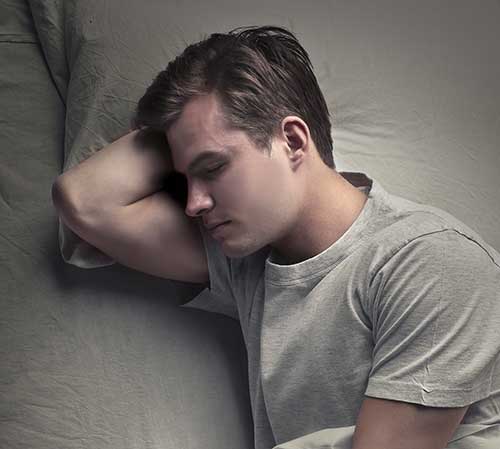
Many have found using hypnosis for insomnia to be a safe and effective alternative to other options like sleep medications
According to the US Department of Health and Human Services, about 64
million Americans suffer from insomnias each year. The figure may be
higher, when non-reported cases are taken into account. Some people just
live with the condition or self-medicate with over-the-counter drugs or alcohol.
The number of practitioners that make use of hypnosis for insomnia is
unknown. There are regulations concerning who may practice hypnotherapy
in the US, the UK and in India, but regulations are lacking in other countries.
The only risks involved in seeing a non-licensed hypnotherapist is
wasting time and money. However, there are professionally produced self-hypnosis programs available you can try before going to a hypnotherapist. Hypnotherapy is not dangerous and it is not a form of mind control. The patient is aware of what is going on throughout the procedure.
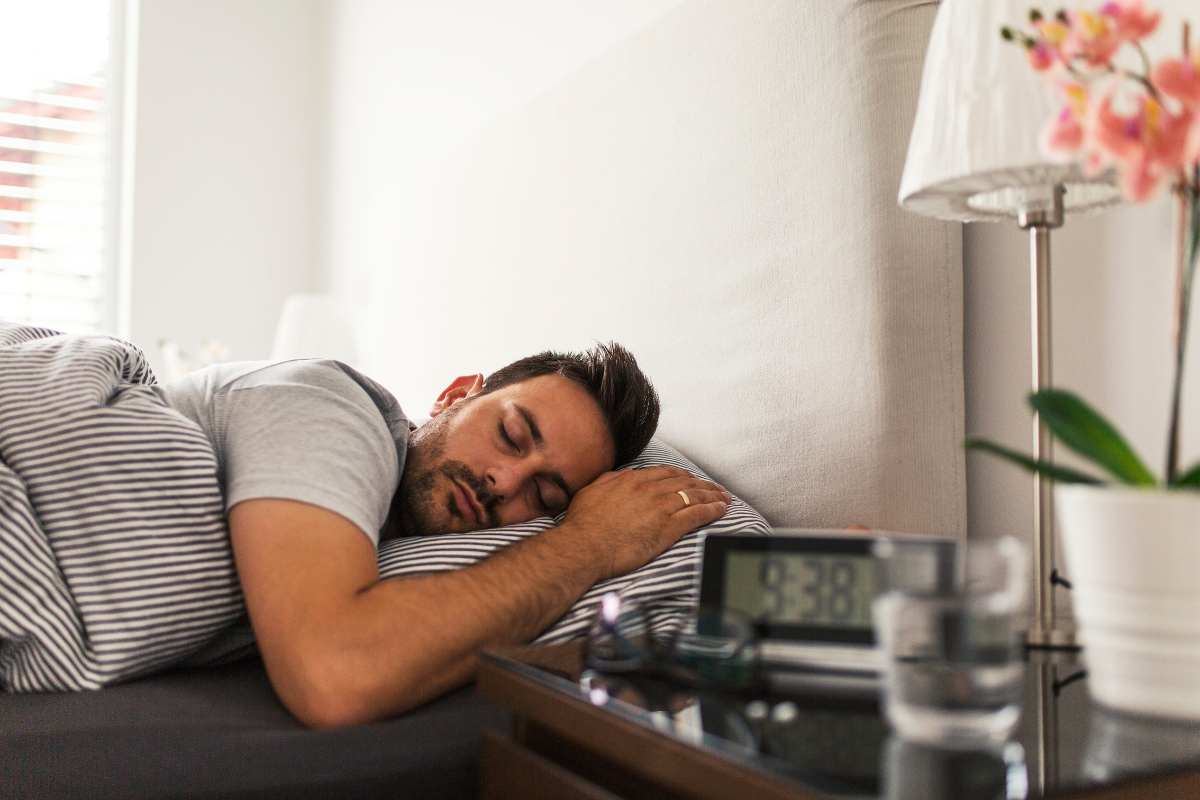
How does hypnosis help with sleep problems?
Hypnosis for insomnia or any other condition does not involve being “put to sleep.” When performed correctly, the mind is actually more focused. In the relaxed state, the patient is more susceptible to the power of suggestion.
Believing that the therapy will work may be essential for effectiveness. If the patient was skeptical, he or she might resist the therapist’s efforts. In addition, some people are more susceptible to the power of suggestion than others.
The type or cause might have something to do with the effectiveness of hypnosis for insomnia. The three types are transient, acute and chronic. The transient type lasts for only days or weeks and is often brought on by stress.
A diagnosis of acute is made when a person is unable to sleep consistently for three weeks to six months. Common causes include stress, the death of a loved one and depression. If the underlying cause can be identified and resolved, the ability to sleep well usually returns.
The chronic type lasts for year at a time. It can be caused by another problem, such as pain or depression. In some cases, though, it is the only health problem present.
Overall, hypnosis for insomnia is worth a try. It’s definitely safer than the alternatives. There are also professionally produced self-hypnosis programs available. Many are available in MP3 format and are available on CD or by download. For example, HypnosisDownloads.com offers a wide variety of programs.




